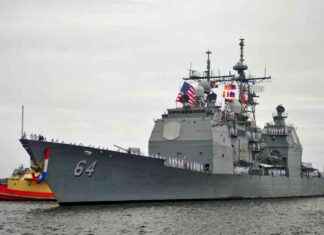Local law enforcement offered to provide drone coverage for former President Trump’s July 13 campaign rally, where an assassination attempt took place, but the U.S. Secret Service rejected the offer, according to Senator Josh Hawley. A whistleblower revealed that the Secret Service denied offers to use drone technology to secure the rally, even though the technology was available and could have been deployed. The Secret Service only asked for drone coverage after the shooting occurred and the gunman was neutralized, according to the whistleblower.
FBI Director Christopher Wray confirmed that the would-be assassin flew his own drone overhead before the rally, raising questions about why the Secret Service did not use its own drones. The failure to deploy drone technology is concerning, especially since the drones offered had the capability to identify and neutralize active shooters.
The gunman, Thomas Matthew Crooks, opened fire with an AR-15 from a rooftop, killing one person and injuring several others, including former President Trump. Crooks had multiple explosive devices in his vehicle, indicating premeditation. Local authorities were turned down regarding their drone offer, as the Secret Service does not allow non-USSS drones for security reasons.
Retired Secret Service agent Bill Gage believes that the protective model used by the Secret Service needs to be reassessed to better incorporate local assets like drones. There were additional whistleblowers who provided information about the event, including the reason why the rooftop where the gunman accessed was unmanned – the officer assigned to the rooftop had to leave due to high heat.
Following the congressional testimony, U.S. Secret Service Director Kimberly Cheatle resigned. The incident highlights the need for improved security measures and coordination between different law enforcement agencies to prevent future security lapses at high-profile events.
















